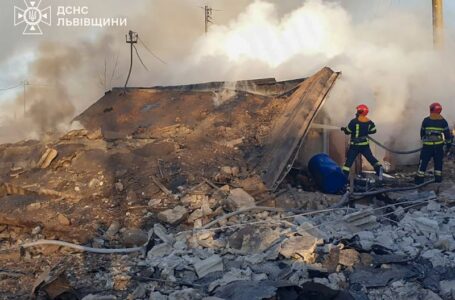Exiled Russian journalist Mikhail Zygar convicted in absentia for criticizing Russian army


A Moscow court has sentenced exiled Russian journalist Mikhail Zygar in absentia to eight years and a half years in prison for disseminating “fake news” about the Russian army, the latest conviction in Russia’s campaign of legal retribution against independent and opposition media.
Zygar was found guilty of “public dissemination of deliberately false information about the use of the armed forces of the Russian Federation,” according to the statement shared by the court on Tuesday.
Under draconian media laws passed after Russia’s full-scale invasion of Ukraine in 2022, discrediting the Russian military or spreading “fake news” about military operations can be grounds for prosecution in Russia.
A founding editor-in-chief of the now-exiled channel Dozhd (TV Rain), Zygar lives in New York and writes as a columnist for the German news organization Der Spiegel. He is the author of several renowned books, including “All the Kremlin’s Men,” which details the inner workings of Russian President Vladimir Putin’s administration, and “War and Punishment,” which examines the historical pretexts for Russia’s war on Ukraine.
Zygar was designated a “foreign agent” by Russia’s Ministry of Justice in October 2022 and placed on an international wanted list in April 2024.
The court said Zygar’s sentence will commence upon his extradition to or detention in Russia, although the Russian government has not successfully extradited any prominent dissidents or critics since the invasion of Ukraine.
The verdict follows another conviction in absentia of a prominent Russian-American journalist, reporter and writer Masha Gessen, who lives in the United States. Gessen – an opinion columnist for The New York Times and the author of numerous books about Russia – was sentenced to eight years in prison for criticizing the Russian military last Monday.
Another Russian journalist and blogger, Oleg Kashin, currently based in the United Kingdom, was placed on the wanted list last week, according to the Russian Interior Ministry, which did not specify the charge against him. Law enforcement agencies told state news agency TASS that the move might be related to Kashin’s alleged violation of foreign agent regulations.











